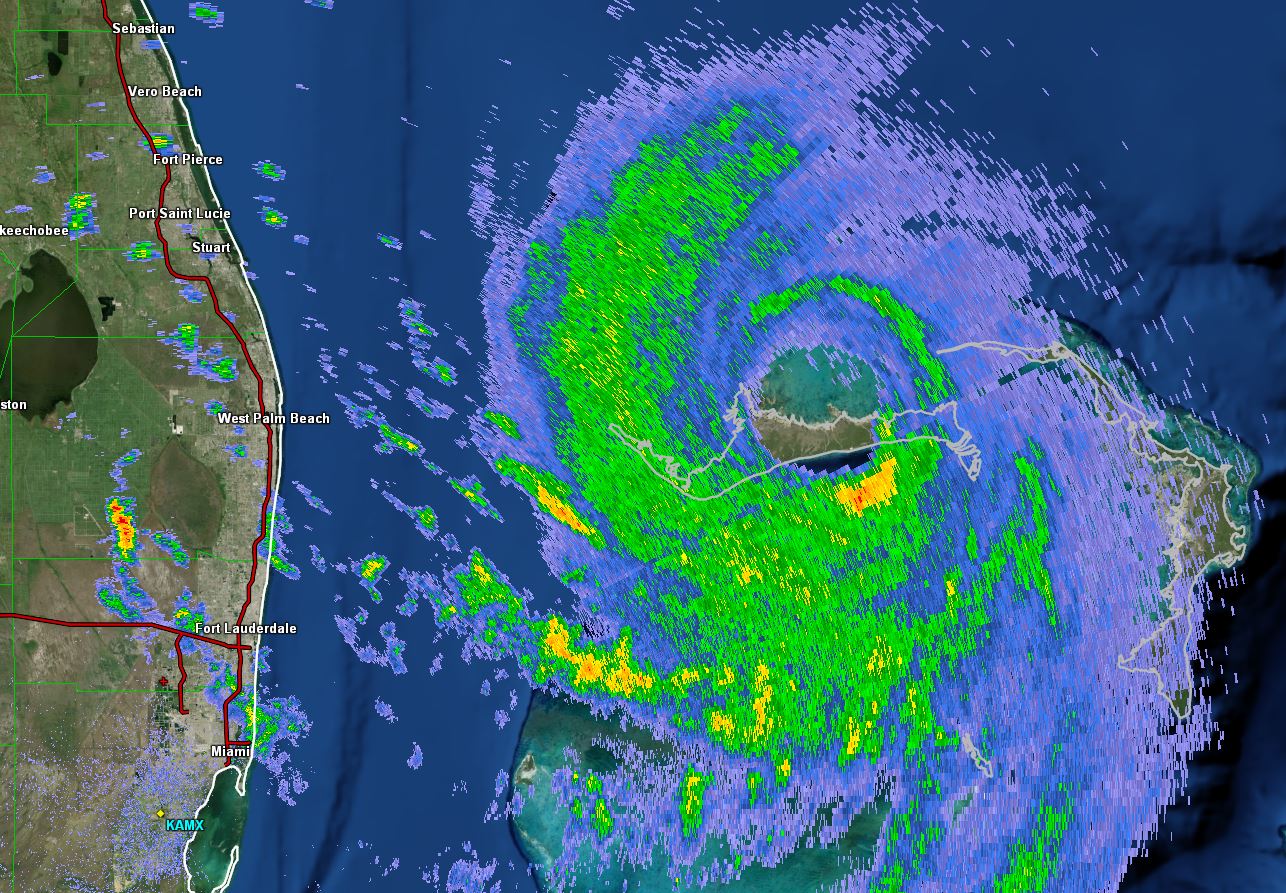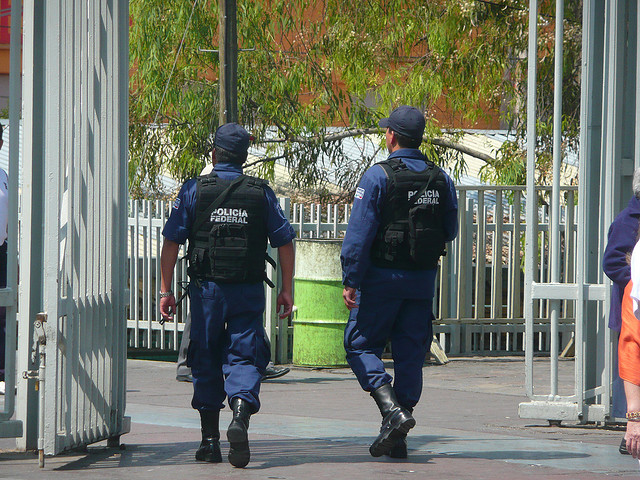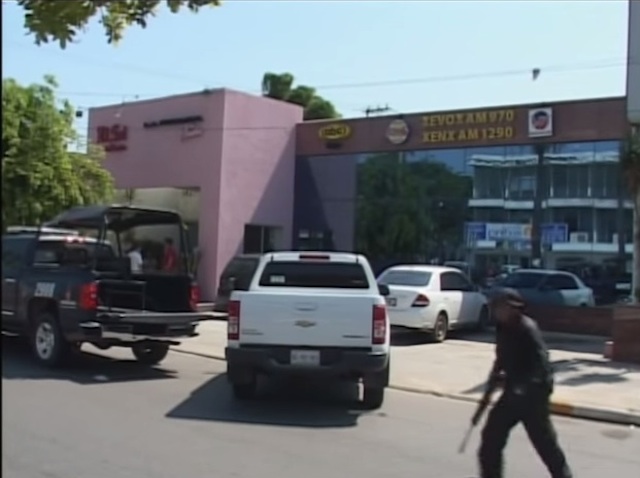
Caribbean, Haiti, Latin America: Week in Review, North America
U.N. Extends Controversial Peacekeeping Mission in Haiti
October 15, 2014 By Staff
Top Story — The United Nations Stabilization Mission in Haiti (MINUSTAH) will be renewed for another year, the U.N. Security Council announced on Tuesday.
The council, composed of 15 nations, unanimously decided to renew the MINUSTAH mandate, though the number of military personnel in Haiti will be reduced from 5,000 to 2,370. The number of police personnel will remain unchanged.
MINUSTAH was initially created in 2004 after former President Jean-Bertrand Aristide was ousted in a coup, leading to violence and unrest throughout the nation. The goals of the mission were to ensure stability and safety in the country, strengthen Haitian institutions and promote democracy and human rights, according to the mission’s original mandate.
The mission’s force levels were increased following Haiti’s earthquake in 2010 in order to facilitate recovery and reconstruction.
Despite the goals stated in its mandate, however, the U.N. mission’s past is marred by controversy. For one, MINUSTAH troops from Nepal have been accused of causing “one of the largest cholera epidemics in modern history,” according to a Yale University report. Haiti’s cholera outbreak killed over 7,500 people and infected 578,409 others.
Members of the MINUSTAH have also frequently been accused of sexual assault. In 2012, two members of the U.N. peacekeeping task force were found guilty of raping a 14-year-old Haitian boy. They were sentenced to one year in prison.
Given MINUSTAH’s track record in the country, the Centre for Research on Globalization argues extension of the mission’s mandate is a mistake, and U.N. presence in Haiti does more harm than good.
Headlines from the Western Hemisphere
North America
- Initial tests show that 28 bodies found in mass graves in Mexico’s Guerrero state do not belong to the 43 students who have been missing since late September.
- The leader of the Guerreros Unidos gang, accused of conspiring with police in the disappearance of the college students, has commited suicide after a gunbattle with police.
- Meanwhile, protesters have set fire to a government building in Guerrero’s capital, Chilpancingo, demanding the resignation of the state’s governor, Ángel Aguirre.
- A series of scandals involving multimillion-dollar employee kickbacks and fraud have recently plagued Citigroup’s operations in Mexico, and the banking group may be in the process of ousting its president in the country as a result.
Caribbean
- Fidel Castro reprinted a nearly verbatim copy of Monday’s New York Times editorial in Cuban state media on Tuesday, which called for an end to the U.S. embargo on Cuba.
- Cuba is leading the effort to combat West Africa’s Ebola crisis, dwarfing negligent efforts by the U.S., China, Brazil and the EU, reports The Guardian’s Monica Mark.
- The Swiss bank UBS has reached a settlement with Puerto Rico’s financial regulator to pay $5.2 million in restitution over the improper sale of bond funds.
Central America
- A magnitude-7.3 earthquake originating 42 miles off the coast of Nicaragua reverberated throughout Central America, killing at least one man in El Salvador.
- Bus drivers in Panama City have ended their strike after meeting with the country’s president, Juan Carlos Varelaover. The drivers were concerned about their futures after the government took over municipal transit service.
Andes
- Colombia has become the first Latin American country to begin denying entry to travelers who have passed through West African countries affected by Ebola.
- The expansion of a natural gas pipeline in Peru has been delayed for close to a year because of threats posed by Shining Path rebels.
- Dr. Rodrigo Guerrero, a Harvard-trained epidemiologist and the mayor of the Colombian city of Cali, has successfully reduced the city’s murder rate by treating urban violence as an epidemic.
- Corruption and market forces continue to fuel illegal logging in Peru’s Amazon region, despite outcry over the recent deaths of several anti-logging activists.
- Drug traffickers have already rebuilt over a quarter of the clandestine airstrips destroyed so far this year by authorities in Peru’s VRAEM region.
Southern Cone
- Argentina is attempting to attract close to $200 billion of investment in its moribund energy sector. The country’s Vaca Muerte Basin is seen by many investors as the next profitable location in a worldwide “shale oil revolution.”
- The Brazilian state of Acre has become a safe haven for thousands of immigrants from across Central America and Africa making their way into Brazil.
- Authorities have continued to crack down on clandestine abortion clinics in Brazil, where abortion is currently illegal in most cases.
Image: U.S. Navy Mass Communication Specialist 1st Class David A. French, Public Domain
Subscribe to Today in Latin America by Email
Next Article >





